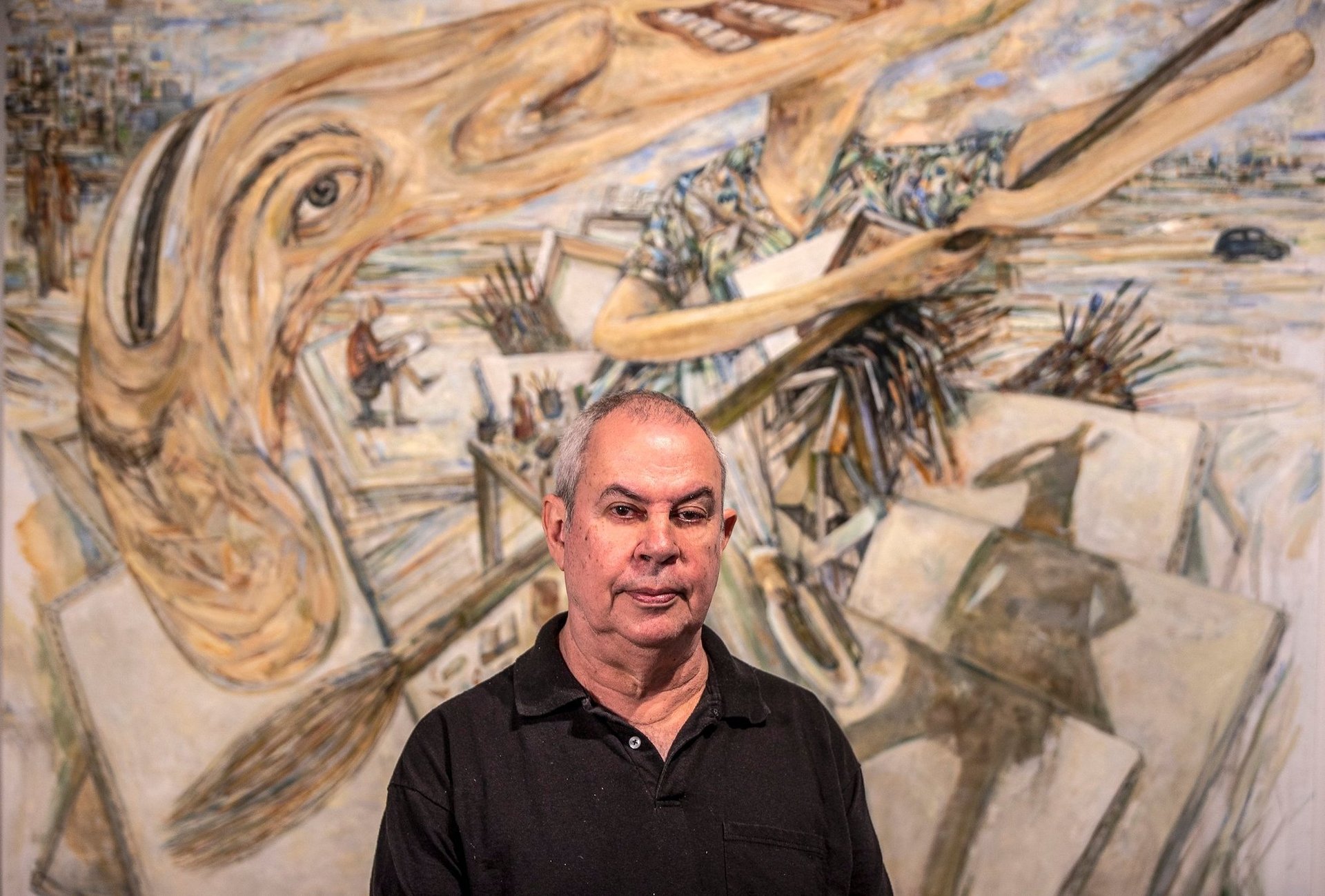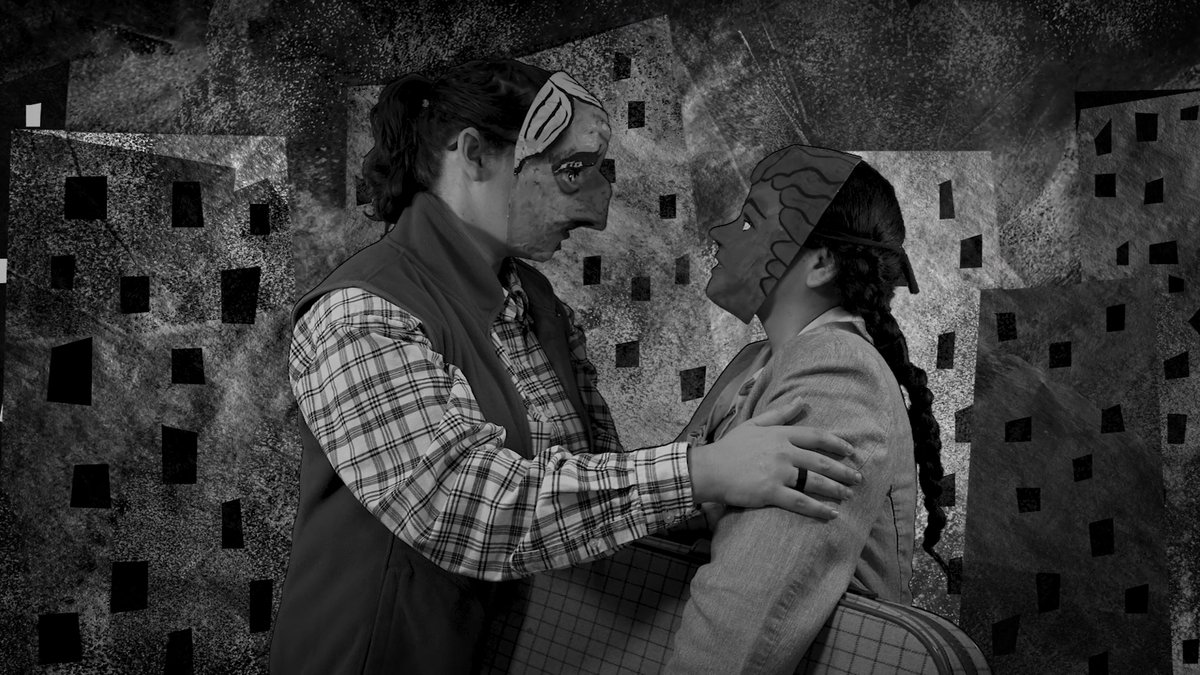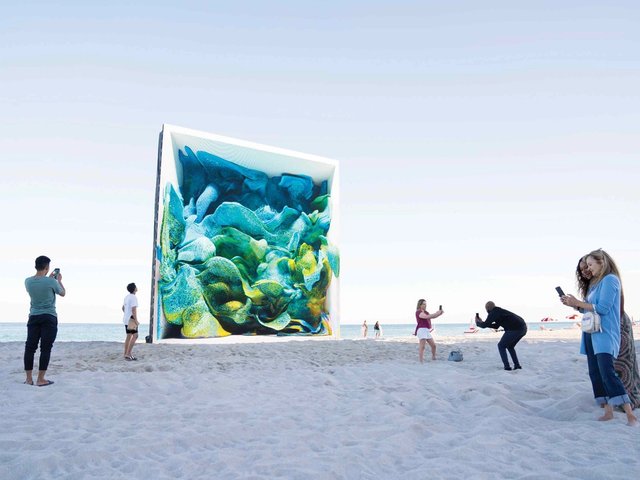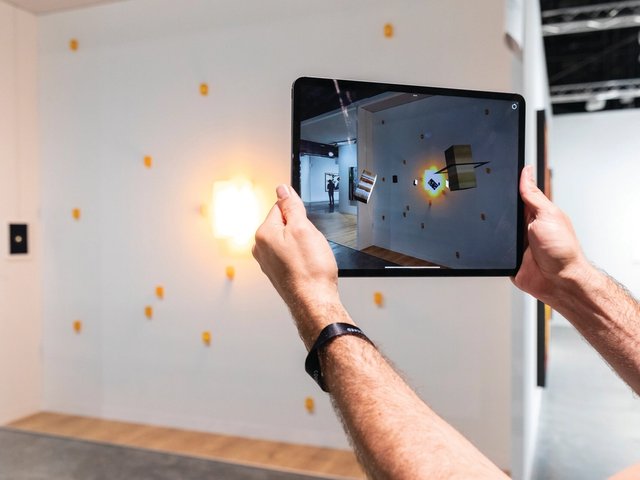The daily news outlet The Miami Herald along with its sister paper El Nuevo Herald are collaborating with the Miami-based nonprofit arts space Oolite Arts and other local galleries to launch an NFT (non-fungible token) marketplace for local, South Florida-based artists. Dubbed the Miami Herald Collection, NFTs for sale on this platform will begin at $50 and go up substantially from there, and all proceeds from any purchases—which can be made in US dollars or cryptocurrency—will be split between the artists and the Miami Herald Impact Journalism Fund, which supports local journalism.
“What we really wanted to do was support local artists in a way that connects with our community. The Miami Herald is all about Miami, and we want to help our community, and this felt really relevant to our local market and to our local artists who we value and care about and who don't always get as much attention,” says Jane Wooldridge, senior director for journalism sustainability and partnerships at the Herald.
“In Miami, there were two things that really stood out. One is that this is becoming the crypto and NFT center of the universe—at least we think so and so do all the people who have just come from Miami NFT Week—so it seemed really relevant. It’s also an audience that is probably a little bit less familiar with the importance of local journalism, and we do have a very strong connection here with the local arts community.”

Artist Arturo Rodriguez Photo by Pedro Portal / el Nuevo Herald
The first batch of NFTs to land on the platform will include works by Arturo Rodriguez, who has a show up now at LnS Gallery in Miami, as well as work from two Oolite Arts residents, Edison Peñafiel and Gonzalo Fuenmayor. Oolite Arts is the platform’s “source for local artists”, as Wooldridge put it, but any South Florida-based artist is invited to reach out and apply to participate in the program. “We want this to be a very high quality program, but we don't want it to be exclusive,” she says.
Successive releases will come out monthly. The next round of NFTs will include work by Edouard Duval-Carrié, as well as further Oolite residents Loni Johnson and Jen Clay. Artists will also receive a commission for their works to ensure compensation regardless of if it sells.
"We strive to meet our audience where it already gets information,” Monica Richardson, executive editor at The Herald. “Connecting via NFTs feels like an ideal fit with Miami's role as an arts, tech and crypto center." Oolite Arts president and CEO Dennis Scholl told The Herald, “Whenever you see a new art delivery platform like NFTs, you want to help artists plug in and have a chance to participate.”
The initiative is the latest among many overtures the city of Miami and its institutions have made to NFT collectors and crypto investors. Those efforts were on full display during Art Basel in Miami Beach last December, with an influx of attention (and money) from major fintech players in Silicon Valley and beyond.
While the partnership between the Miami Herald, el Nuevo Herald and Oolite arts is poised to bolster the sustainability of careers in the arts and journalism, larger questions about the sustainability of NFTs and the technologies undergirding them, which consume massive amounts of energy, remain. The technology's ecological footprint is especially relevant in South Florida, one of the regions in the US most directly threatened by climate change and related natural disasters.





